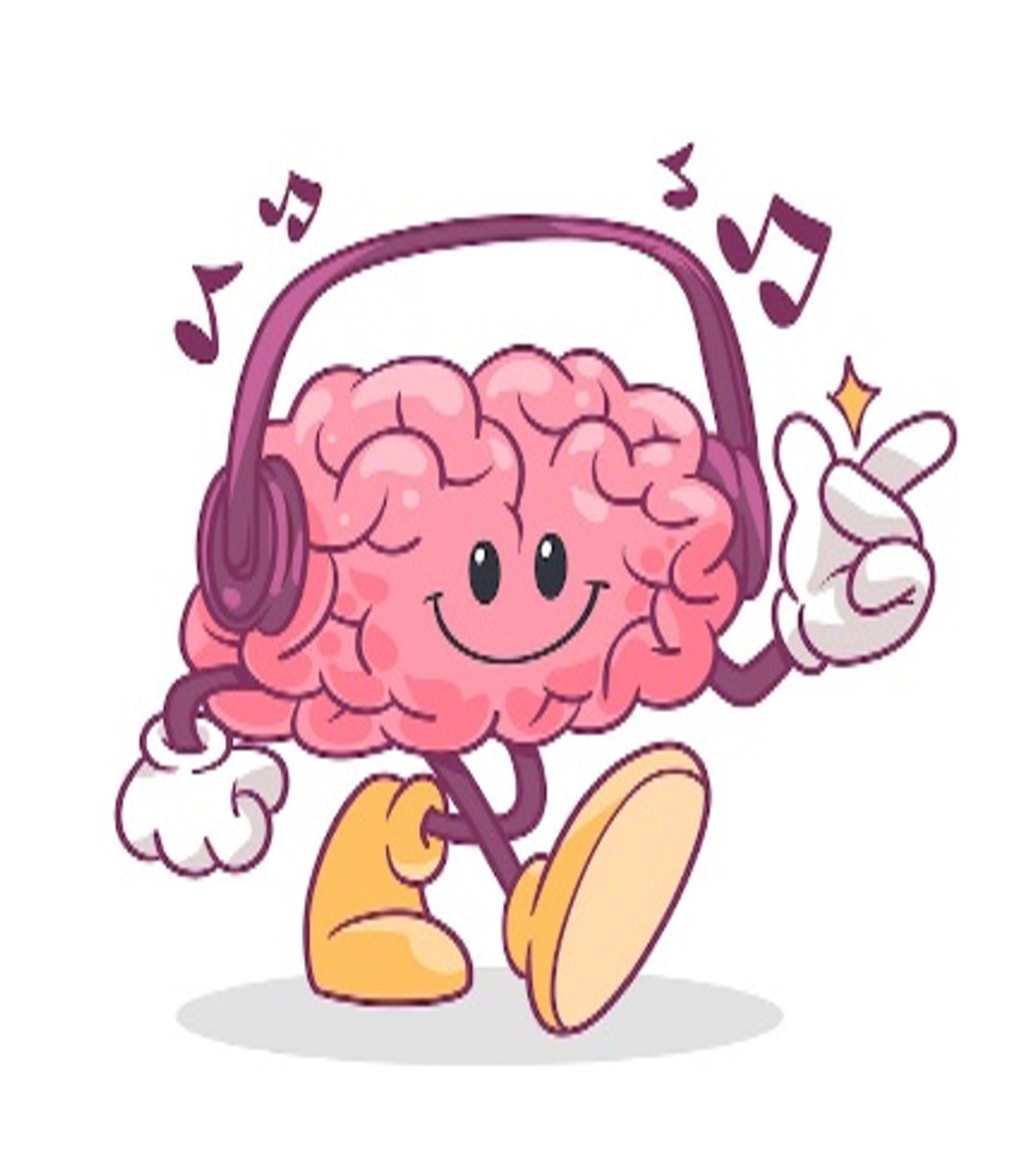Staying Focused, Undertaking New Challenges and Advancing Skills
Starting with the Basics
It is important to start out with the basics to develop a good foundation and then to work up from there. This can happen in a gym setting to improve strength by using a machine or fixed apparatus. It usually involves an individual single, focused task which provides consistent results which in turn develops predictable skills. Others may start with a more aerobic focus of exercise undertaking sequences, routines and procedures. Both are good strategies to build up competence levels and gain confidence with movements required.
Moving on to Greater Challenges
To really challenge the brain and body further, there needs to be more complex and advanced programs which involve dynamic movements in space. More tactical decisions need to be made to adapt and modify skills. Examples being a) changing variables associated with different surfaces, heights, direction whilst manipulating objects (e.g. balls) b) using musical rhythms influences muscle control, helps with timing and coordination of movement and provide higher degrees of variability. Multitasking helps train the brain to manage movement and thinking at the same time. These exercises improve cognitive flexibility, reaction time, and coordination. These more challenging types of regimes are more relevant to applications required for daily functional activities.
- Some people can find this advanced type of exercise program confronting as it is very much outside their comfort zone and cease the activities. Is important to understand the underlying concepts of progression as they can really help overall body and brain control
Music. Did you know music can build cognitive reserve?
There are many ways to become and stay motivated to do anything one way that some people find themselves motivated to keep exercising is the inclusion of music..
Music has a significant impact on movement, enhancing physical activity and has a profound multifaceted impact on the brain, affecting emotions, improving mood, memory, cognition, and physical well-being. It can be a powerful tool for enhancing mental and physical health, promoting learning, and fostering creativity. It can influence the brain’s neural activity, affecting areas related to attention, memory, and motor functions, Synchronizing movement with music can increase exercise duration and efficiency, potentially leading to better endurance, power and overall body control. Music stimulates neural pathways which are involved in supporting mood, motivation, and cognitive flexibility, all of which contribute to maintaining brain health over time. Building cognitive reserve involves engaging in activities including exercising regularly and staying socially active which can in turn enhance brain resilience and function.

Because music is often an enjoyable activity, it can activate the release of endorphins, which creates a general feeling of well-being.
A quick reminder relating to some of the overall benefits of physical activity
- Exercise improves bone strength by stimulating bone-forming cells and increasing bone density, particularly through weight-bearing and resistance exercises. It also enhances muscle strength, balance, and coordination, reducing the risk of falls and fractures
- Exercise reduces the risk of falls by improving balance, coordination, muscle strength, and reaction time. It enhances postural stability and flexibility, making it easier to recover from slips or maintain control during movement. Regular exercise helps maintain mobility, confidence, and independence. Strengthening key muscle groups and practicing balance exercises lowers the risk of injuries and improves overall quality of life.
- Activities like brisk walking, cycling, or swimming improve cardiovascular fitness, reduce inflammation, and enhance dopamine function, which is crucial for movement and coordination. Regular aerobic exercise also boosts mood, reduces anxiety, and helps combat fatigue.
- Exercise boosts mood and reduces anxiety by increasing endorphins and promoting healthy brain chemistry. Exercise supports memory and thinking by increasing blood flow to the brain, promoting the release of growth factors that support brain cell health, and enhancing neuroplasticity, which helps with learning and cognitive function.
- Exercise improves fatigue by increasing overall energy levels, enhancing cardiovascular fitness, and promoting better sleep quality. It also helps regulate neurotransmitters like dopamine and serotonin, which play a role in reducing feelings of exhaustion.
- Exercise improves sleep by helping regulate the body’s internal clock, reducing stress and anxiety, and promoting deeper, more restorative rest. Physical activity also increases the production of sleep-promoting hormones like melatonin and helps decrease the time it takes to fall asleep.
“Exercise doesn’t have to be a marathon or a gruelling gym session. It can be things as simple and enjoyable as walking, dancing, gardening and recreational games for example

Comments are closed.